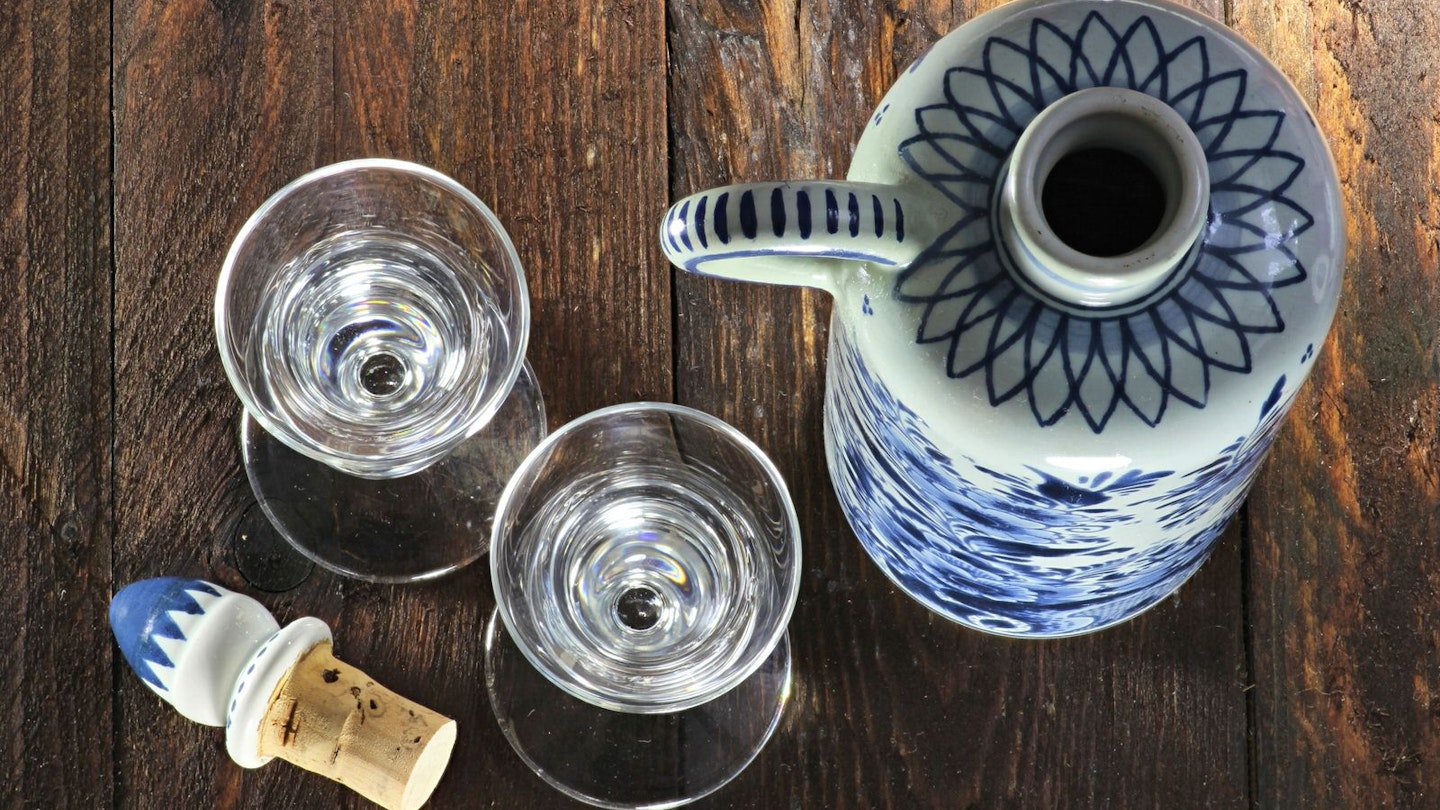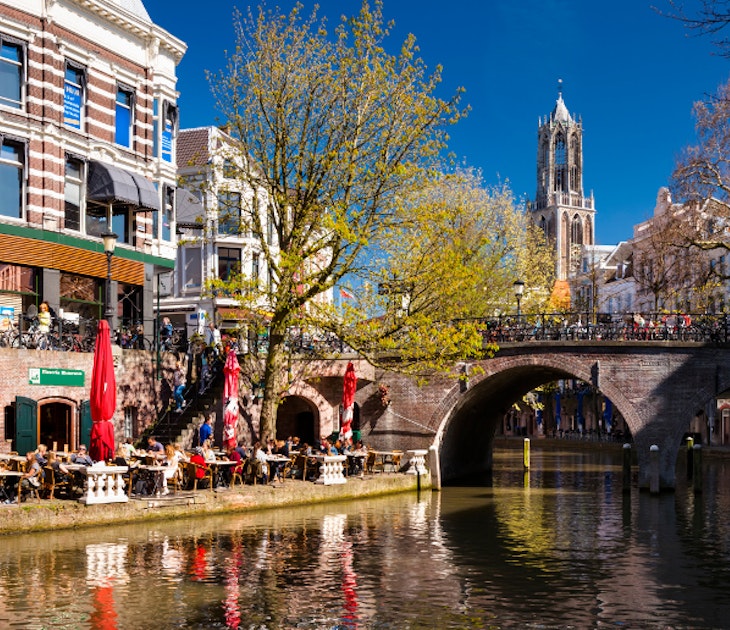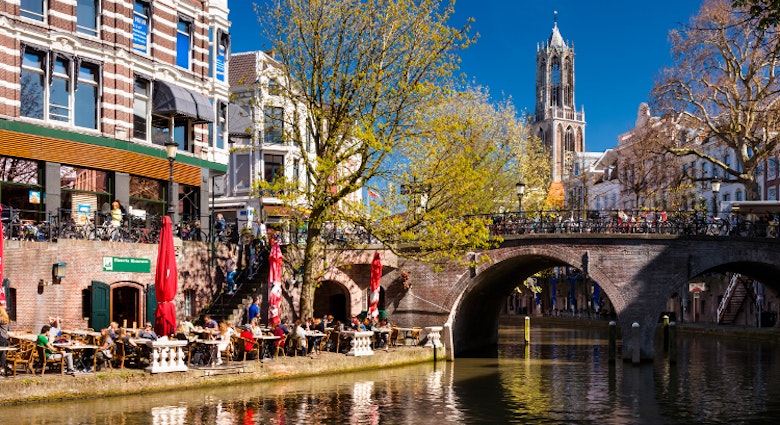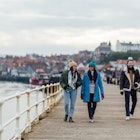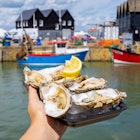Rotterdam wins all the plaudits for its innovative drinking and dining scene, but the adjacent city of Schiedam is in a league of its own when it comes to one particular tipple.
Jenever, the forefather of modern gin, has been distilled in Schiedam for hundreds of years, earning it the title of one of the Netherlands’ so-called ‘jenever cities’; and, as the home of the National Jenevermuseum and Netherlands Jenever Festival, many consider it the unofficial gin capital of the country, and perhaps even the world.
Here we make a pilgrimage to the city that played a leading role in popularising the beloved beverage, to learn more about its history and find the best spots to sample a glass today.
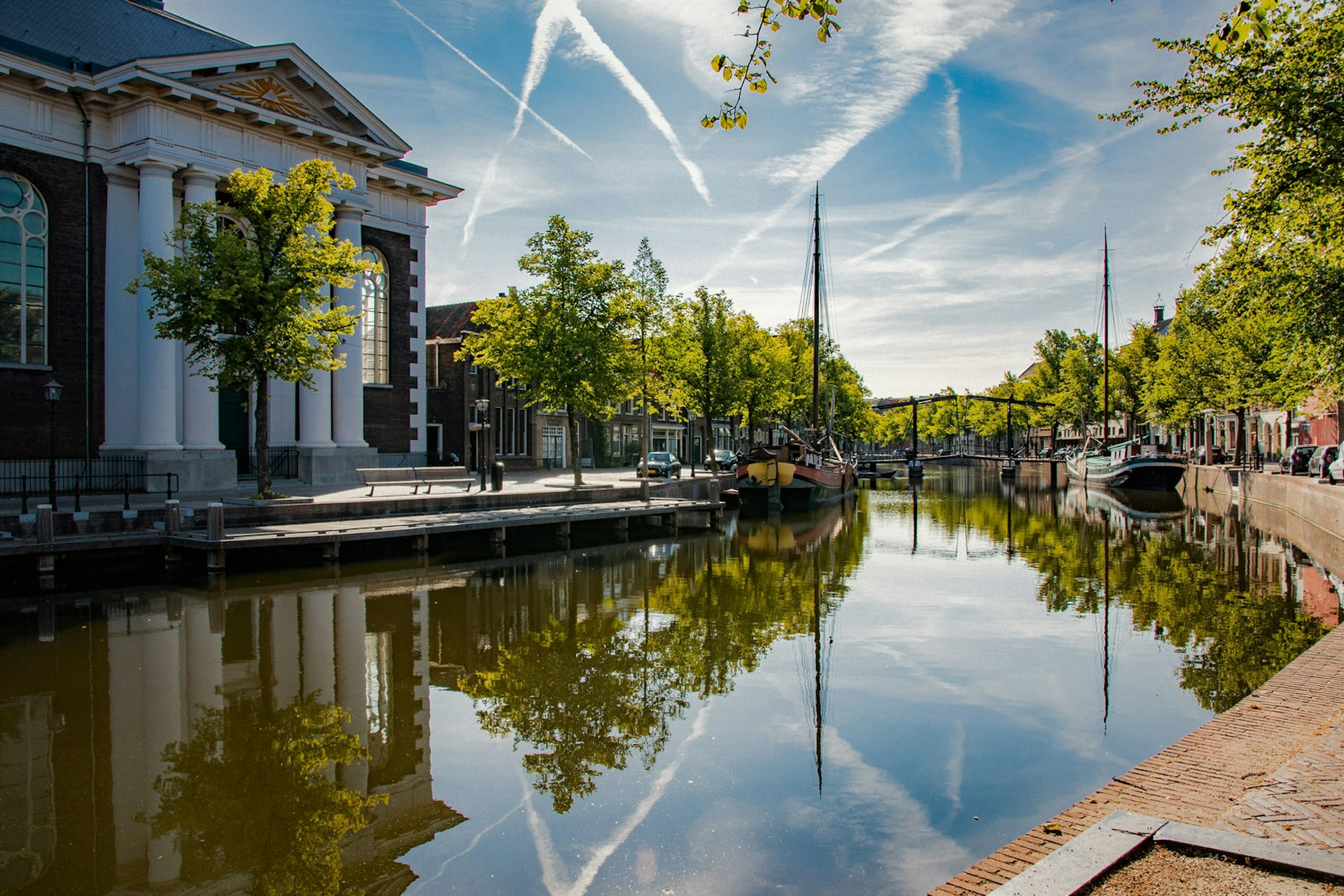
Gin tasting might not be your first thought upon arrival in Schiedam. The pretty town beckons casual strolls along its canals criss-crossed with hand-raised drawbridges or invites you to while away a few hours in one of its eclectic art galleries.
But from the old storehouses to the giant windmills that spear the skyline, it’s jenever that made this town and it's this traditional Dutch tipple that is continuing to shape its future.
The history of Dutch gin
The origin of jenever (also spelled genever) is the subject of much debate, but it’s believed the spirit – originally a combination of distilled malt wine and juniper berries – was originally developed for medicinal use in the 16th century somewhere in the Netherlands, where it remains the country’s national drink.
The spirit was popularised around the world thanks to the pioneering Dutch navy and spread to England – where it evolved into ‘gin’ – via British soldiers who fought with the Dutch during the Eighty and Thirty Years wars. It’s said the English soldiers believed it was from the drink the Dutch soldiers attained their bravery, coining the term Dutch courage.
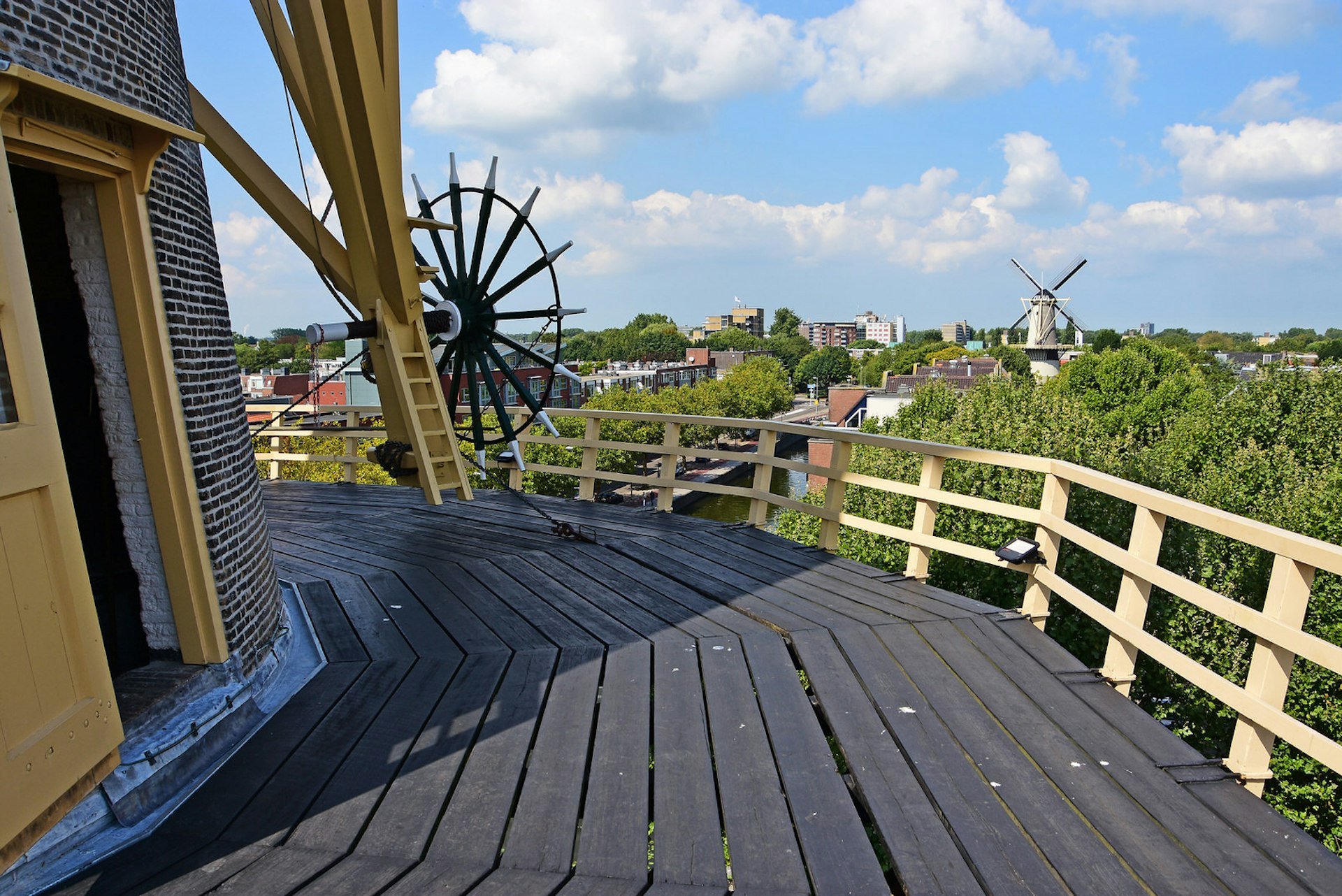
At the height of the golden era of jenever production in the late-18th century Schiedam was home to nearly 400 roasters and distilleries and exported jenever across the globe. It was from this time the city got its nickname of Black Nazareth, due to the coal-field distilleries polluting the air and dying the city’s streets black.
But the boom was not to last. A combination of competition from cheaper spirits, the prohibition era and, most devastatingly, the German bombing in World War II – which destroyed most of Rotterdam – led to the end of Schiedam’s distilleries and, largely, jenever itself. Until now that is.
One more round?
With gin’s increasing popularity worldwide and Rotterdam’s rising credentials as a city break destination, jenever is experiencing a roaring revival in the bars and restaurants of Schiedam (a trend mirrored in other cities in the country, including its capital).
'Now it’s cool to be proud of your Black Nazareth,' says Claudia Lansbergen, a tour guide for the Stichting Promotie Schiedam, speaking on the role of ambassadors many of its residents now play.
Indeed the town’s heritage and most famous product is now considered something worth celebrating, a sentiment typified by the national Jenever Festival held in the city every June.
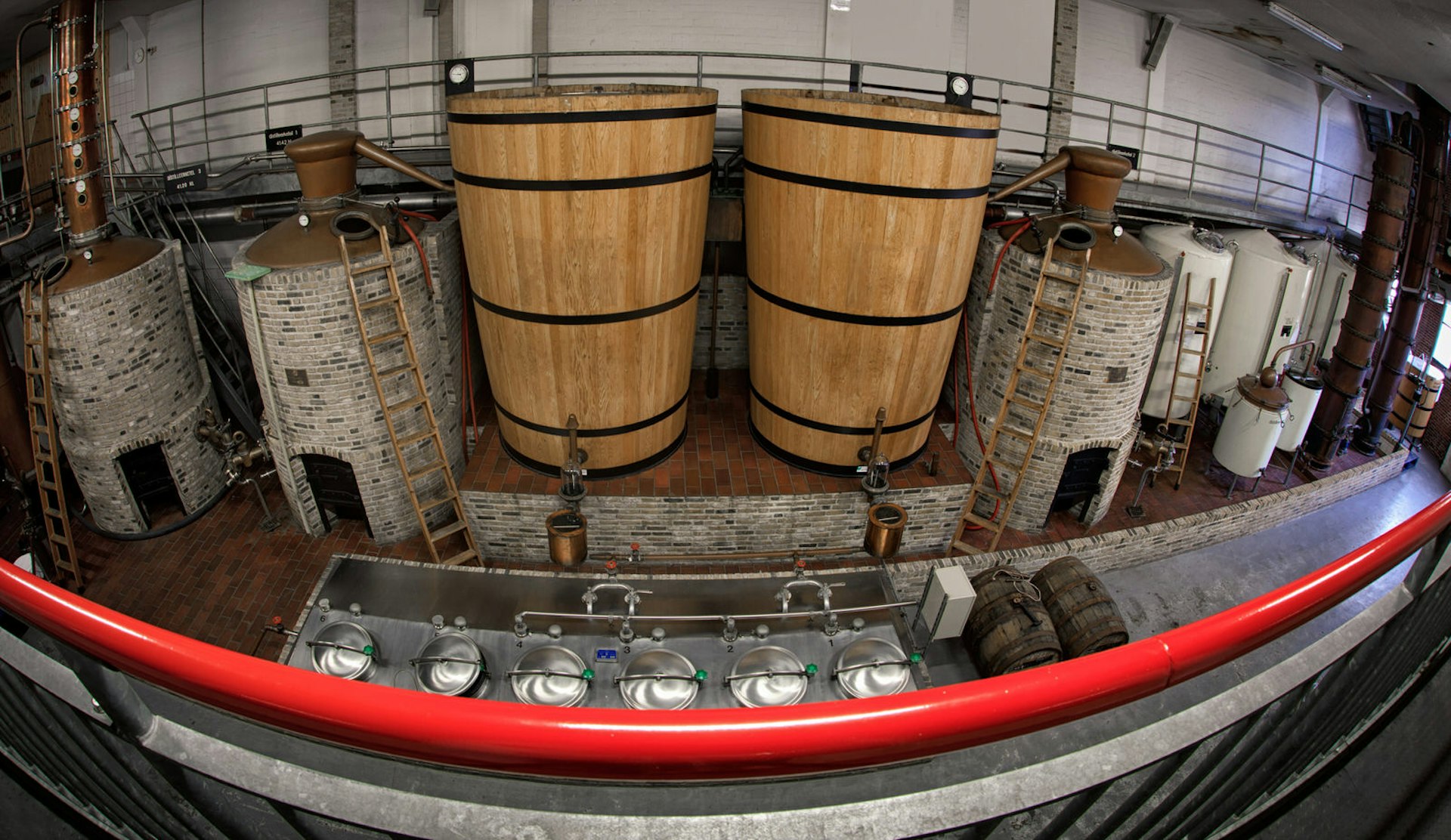
'We try to keep the story alive,' says Ton Heuchemer, a passionate, burly stoker that works as a volunteer in the National Jenevermuseum – the only museum dedicated to the drink in the world.
While stoking the coal fire underneath the copper still where the barley and rye are triple distilled, Heuchemer explains how aging the resulted malt wine in American oak barrels, and then adding the juniper-berry distillate, is what gives jenever its distinctive flavour and characteristic caramel colour. The whole process can take three years to complete.
But Schiedam isn’t just resting on its laurels. The traditional jenever recipe is being reinterpreted and reinvented by a new wave of craft distillers in the city, which is served up in small storehouses and hip bars that attract a young crowd.
As you walk around the city and smell the scent of malt and juniper wafting from doorways and see the bright yellow banners emblazoned with 'Gin City' fluttering from poles all around town, you can feel the sense of excitement returning to the city.
With twenty windmills grinding grain in its heyday, five still carry on today. The city may not be the jenever powerhouse it once was, but its future – certainly as a tourist destination – seems bright. In other words, Schiedam's wheels are still turning.
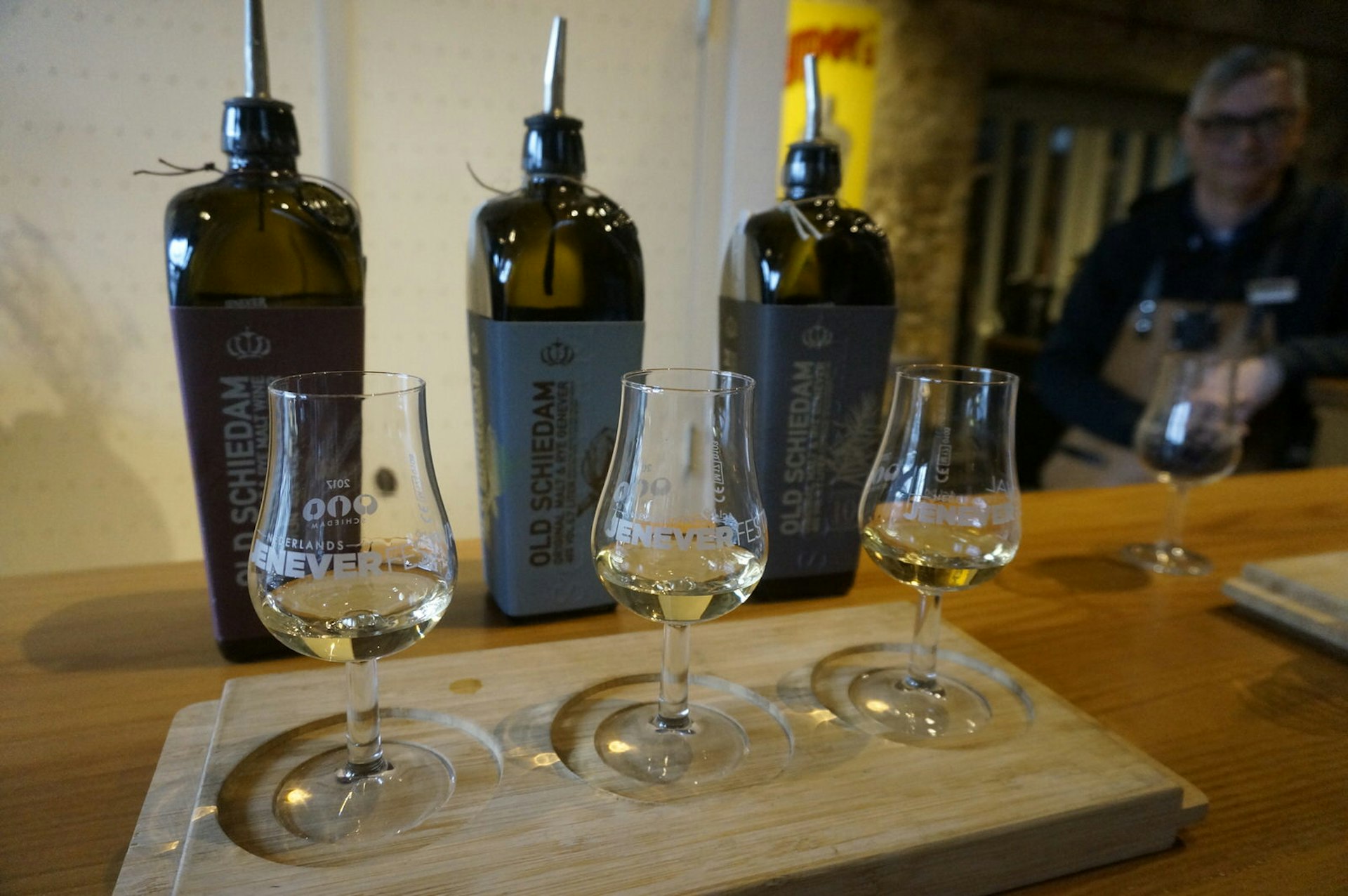
Where to sample a glass of the good stuff
Nolet Distillery
Owned by the same family since 1691, the Nolet Distillery brilliantly combines centuries of family tradition with state-of-the-art technology. Located in the De Nolet tower mill, you can observe the distillation process and bottling plant up-close, with the original coal-fired copper pot fully operational to this day. The Nolet's Silver Gin brings forth a heavenly tingle, with refined aromas of Turkish rose, peach and raspberry.
LUCAS Drinkwinkel
Located in a former police station in the city centre, LUCAS Drinkwinkel is one of Schiedam’s hippest addresses serving ice-cold gin and tonics, including newer brands like Loopuyt. Labeled as the ‘New Western’ gin flavoured with their own harvested 12 botanicals, this ingenious, creative brand hosts speakeasy parties and runs a bartender boxing competition. They even produce their own brand-name tonic water.
Restaurant De Noordmolen
The ultimate Dutch experience? At Restaurant De Noordmolen you can sip jenever while dining inside the tallest historic windmill in the world. Built in 1803, and used to grind grain for distilleries, the windmill has been converted into a two-floor restaurant with a semi-open kitchen and even a terrace that’s open during the summer months. The restaurant also sells traditional jenever glasses in the style of those once used by the windmill foremans.
Monica Suma travelled to Schiedam, the Netherlands with support from Rotterdam Partners. Lonely Planet contributors do not accept freebies in exchange for positive coverage.

